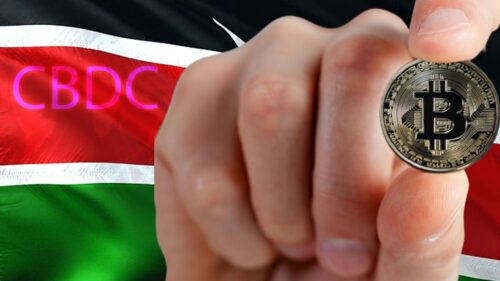The 2020 U.S. election is looking to be one of the biggest moments in gambling we’ve ever seen, and there’s just a handful of people suited to give expert advice on how to interpret it for wagering. Thankfully, one of those people is Matthew Shaddick, Head of Political Betting at GVC, and he joined our Becky Liggero Fontana to discuss what to expect.
Shaddick didn’t start in politics betting, but he’s got a perfect background for it. I did my academic background in politics; I did my undergraduate degree in political science,” he told Liggero Fontana. “I joined Ladbrokes initially because I was kind of horse rating, that was my main motivation at the time. And around then, sort of 12, 15 years ago, political betting was a sort of PR-led novelty exercise, and the guy who did it before left, and I said, I’ll give this a go, be a fun hobby in my spare time. Pretty quickly became sort of all-encompassing, my full-time job for best part of a decade now. We’ve been lucky, we’re living through kind of interesting times.”
[youtube https://www.youtube.com/watch?v=2FDmWPEGaX4?feature=oembed&w=640&h=360]
We’ve been hearing for a couple of weeks that this would be a huge election for betting; Shaddick explained why that is. “Well it’s great because it’s pretty simple, right? You don’t have to be a political expert to understand it’s a two-horse race, either Biden or Trump is going to win, not like let’s say complicated parliamentary systems like we have in Europe, especially the U.K., Germany and so on, where even saying who wins this election is not necessarily an easy question to answer.”












